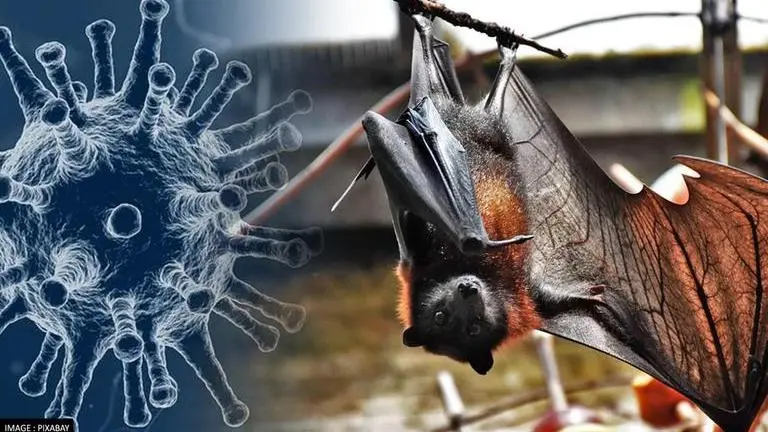Updated 28 January 2022 at 20:24 IST
NeoCov: What is WHO saying about newly discovered coronavirus found in bats?
Chinese scientists have raised serious concerns about a newly discovered coronavirus - NeoCov - that is found primarily in bats. Here's what the WHO said.
- World News
- 3 min read

After Chinese scientists raised serious concerns about a newly discovered coronavirus - NeoCov - the World Health Organization (WHO) said it needs extensive research to examine whether the virus poses a threat to humans. While speaking to Russian news agency TASS, on Thursday, a WHO official asserted the recently discovered coronavirus is currently transmitting from animals to animals and added the world health agency is studying whether it poses any threat to humans.
The WHO official said that the virus was recently found among bats in South Africa. As China announced the detection of the new coronavirus in bats, at a time the world continues to reel under dangers from the SARS-CoV-2 virus that causes COVID-19, scientists from China's Wuhan said it could be a more contagious and possibly a deadlier strain of coronavirus compared to the earlier detected ones.
"Whether the virus detected in the study will pose a risk for humans will require further study," the WHO official told TASS. Further, the official informed that the WHO is currently working closely with the World Organization for Animal Health (OIE), the Food and Agriculture Organization (FAO) and the UN Environment Program (UNEP) with an aim to stop the possible spread of the virus.
On the other hand, Chinese scientists said the new virus is closely related to the Middle East respiratory syndrome-related coronavirus (MERS). The Chinese researchers noted that the NeoCov spreads in a manner similar to the SARS-CoV-2 virus.
NeoCov is not a new virus, says WHO
Meanwhile, appreciating the study done by the Chinese scientists, the WHO noted that wild animals are the source of more than 75% of all emerging infectious diseases in humans. According to WHO, most viruses enter the human body through the nose and mouth.
Advertisement
"Animals, particularly wild animals are the source of more than 75% of all emerging infectious diseases in humans, many of which are caused by novel viruses. Coronaviruses are usually found in animals, including in bats which have been identified as a natural reservoir of many of these viruses," TASS quoted the WHO official as saying.
As per reports, NeoCov is not a new virus but is associated with the MERS-CoV virus which was first discovered in outbreaks in Middle Eastern countries in 2012 and 2015. As of now, no countries have reported any case of NeoCov. As per the study, scientists said NeoCov has symptoms similar to SARS-CoV-2 and could infect humans.
(Image: Pixabay)
Published By : Ajeet Kumar
Published On: 28 January 2022 at 20:23 IST
